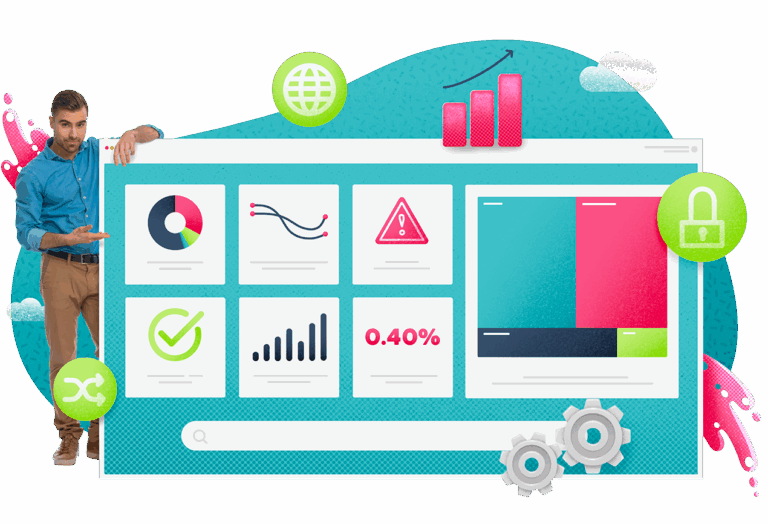Technology has revolutionized the way we live and work, but “with great power comes great responsibility” — the responsibility of helping IT departments minimize their environmental impact! To do so, we released a completely new module that will give our customers the opportunity to track and report on carbon and water consumption of equipment manufacturing and usage in addition to educating companies on the importance of reducing the number of devices per employee and prioritizing efficient PUE cloud providers.
Why is Green IT Important?
Green IT is crucial because of the increasing demand for technology and the resulting carbon footprint. The use of technology contributes significantly to greenhouse gas emissions, which contribute to climate change. Plus, when we monitor and responsibly adjust energy usage, organizations can save money at the same time as saving the planet! In addition, the production and disposal of tech products consume a large amount of energy and resources. By adopting Green IT practices, we can reduce the impact of technology on the environment, conserve resources, save money, and protect our planet for future generations.
How to Reduce Your Carbon Footprint with Green IT
There are several ways to reduce your carbon footprint through Green IT practices. Here are a few methods:
- Reduce the Number of Devices: Extra hardware adds up financially and can cause constant drains on a business’ energy usage. Take inventory of all devices and remove redundant or unnecessary hardware.
- Virtual Meetings: Reduce the need for travel by using virtual meeting tools instead of in-person meetings.
- Recycling and Reuse: Extend the life of tech products through repair and upgrades, reducing the need for new products.
- Paperless Operations: Use digital tools to reduce the need for paper-based processes.
- Data Center Optimization: Optimize data centers for energy efficiency, using virtualization and other techniques.
DID YOU KNOW…
“50 to 60% of emissions related to end-user devices can be addressed by procuring fewer devices per person and extending the life cycle of each device through recycling.” (McKinsey, 2022)
“About 3/4 of the emissions comes from manufacturing, upstream transportation, and disposal.” (McKinsey, 2022)
Why Sustainability Matters in Tech
Sustainability is critical in the tech industry because of the significant impact it has on the environment. The production and disposal of tech products consumes a large amount of energy and resources, and the use of technology contributes to greenhouse gas emissions. By adopting sustainable practices, the tech industry can reduce its impact on the environment, conserve resources, and protect our planet for future generations.
In conclusion, Green IT is an essential practice for reducing the impact of technology on the environment. By adopting sustainable technology practices, we can conserve resources, reduce carbon emissions, and protect our planet for future generations. The tech industry is responsible for promoting sustainable practices, and we all have a role to play in positively impacting the environment.

Infographic – The status of SMB IT in 2026
Explore how AI, automation & integrated ITSM/ITAM are reshaping IT strategy—at every scale.


